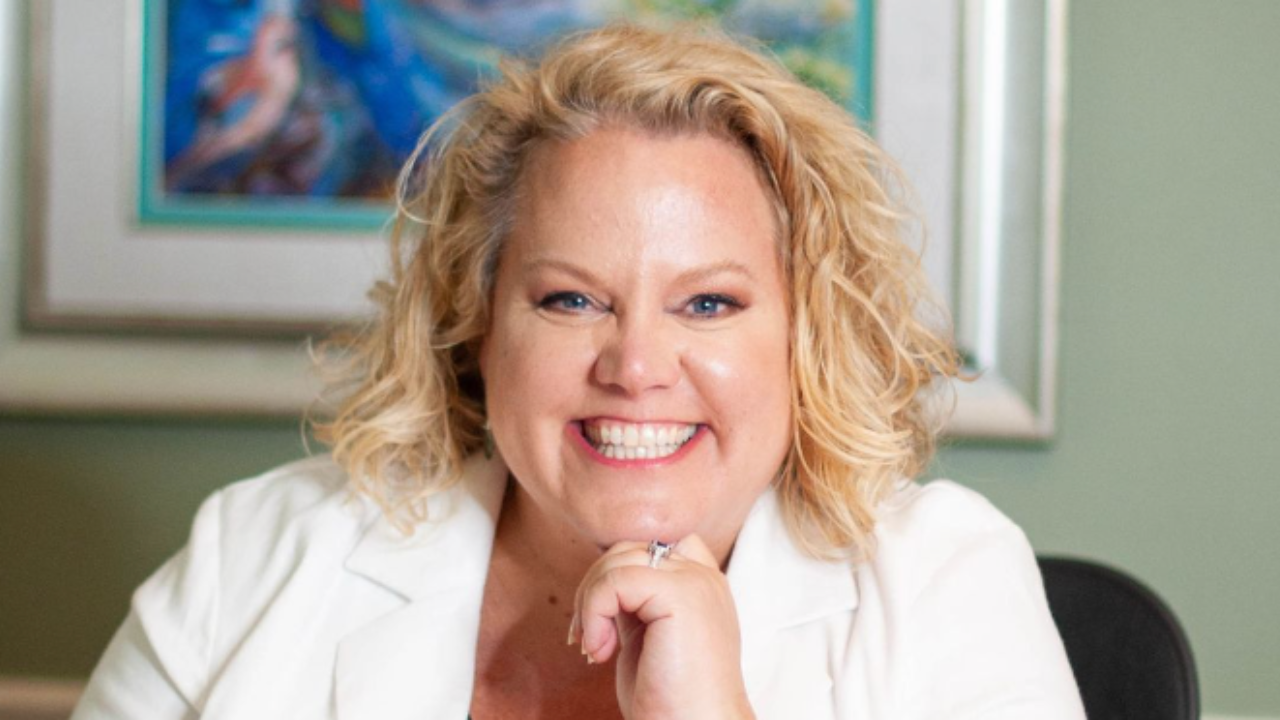Kim Woods Helps Us Tap Into Our Intuition and Decision-Making Superpowers

As a business leader, every decision you make (or fail to make) affects others in your organization. The best decision makers know themselves well. They are clear about their perspective on the subject, aware of their biases, understand their personality traits, and know the kinds of things that influence their decision making.
The easiest decisions are those for which you and your team have enough information to suggest a clear path forward. In these cases, you likely have a system already in place. You might start by assessing the situation and reviewing what you already know, how you've addressed the issue in the past, and the alternatives and possible outcomes. The best decision is the one that aligns with your organizational goals.
In many cases, you might call on a member of your team who has experience in the area and can provide additional insights and information that can help you make a final decision. Share what you know and ask for their advice. Then listen to their comments and suggestions from a place of curiosity to fully hear their perspective and the information they present. Ask specific questions to determine if their ideas match your goals. And thank them for sharing their expertise with you and helping you reach the best decision for the company and the team.
But, sometimes, no matter how much data you collect, there just isn't a clear path forward. The worst thing you can do when action steps are needed is to fail to make a decision and set a course for your team. In those instances, tap into your intuition.
Your intuition is your decision-making superpower
Kim Woods, the Intuitive Business strategist, combines her intuitive powers with her MBA and practical multimillion-dollar business experience to help her clients gain satisfaction in their success, strengthen their relationships, and make more money.
She is the founder of True KLT, turning the traditional know, like, trust factor inside out as she believes that tapping into your intuition begins with knowing, liking, and trusting yourself. "When you know, like, and trust yourself, you know what's important to you based on your values, priorities, and goals," says Woods. "You're aware of what satisfies you, so you can align your decision with your preferences. You're also more confident in your abilities because you trust your strengths and talents."
She adds, "When you're able to make good decisions with confidence, you save time and money, increasing your bottom line. This is critical for everyone in business. Using your intuition is key to this when the facts aren't there for you."
But how do you tap into your intuition so you can make better decisions?
The critical factor is getting your mind out of the way, and Woods speaks to five ways to tap into your intuition that are relatively quick and easy.
- Give your mind another job. Listen to a song, change your scenery, or get a cup of tea or coffee. How many times have you said, "I had an epiphany while taking a shower." You had an epiphany because your mind had another job to do, and your thinking brain got out of the way of your intuition.
- Set an intention before you go to bed. Once you're ready to go to sleep, set an intention to connect to your intuition and remember your dreams. When you wake up, write down what you remember. After a handful of days, read over what you've written to identify any themes or patterns.
- Improve your observation skills. Go someplace new and unfamiliar. Take 10 seconds to look around you. Close your eyes and try to recall your environment in detail.
- Let your imagination wander. Dream about your future. Make time to dream every day. Support this effort by journaling, engaging in visualization exercises, or starting a mediation practice. And when you do get an intuitive nudge, follow it!
- Engage in somatic self-care. Move your body to help you stay grounded and release tension and blocks that may inhibit your ability to connect with your intuition. Take a walk, participate in a yoga class, or book a massage appointment.
These practices will help you to tap into your intuition, become more self-aware, and make better decisions. There is great value in taking time to listen to yourself and deciding to trust yourself, and, in essence, trusting your intuition.
Once you have reached a decision, whether through fact-finding or intuition, clearly communicate your decision to your team. Be transparent about changes in direction, especially those concerning policy, programming, and staffing. To build or maintain an engaged and open company culture, think about the best way to present your decision and speak confidently. Your team will appreciate you for providing them with a clear direction and explaining your rationale.
©Copyright 2022 Debra Roberts, LCSW All rights reserved. No portion of this material may be reproduced without permission from the publisher.
A version of this article was initially published on Inc.com as: Self-Awareness Is the Key to Making Good Decisions
